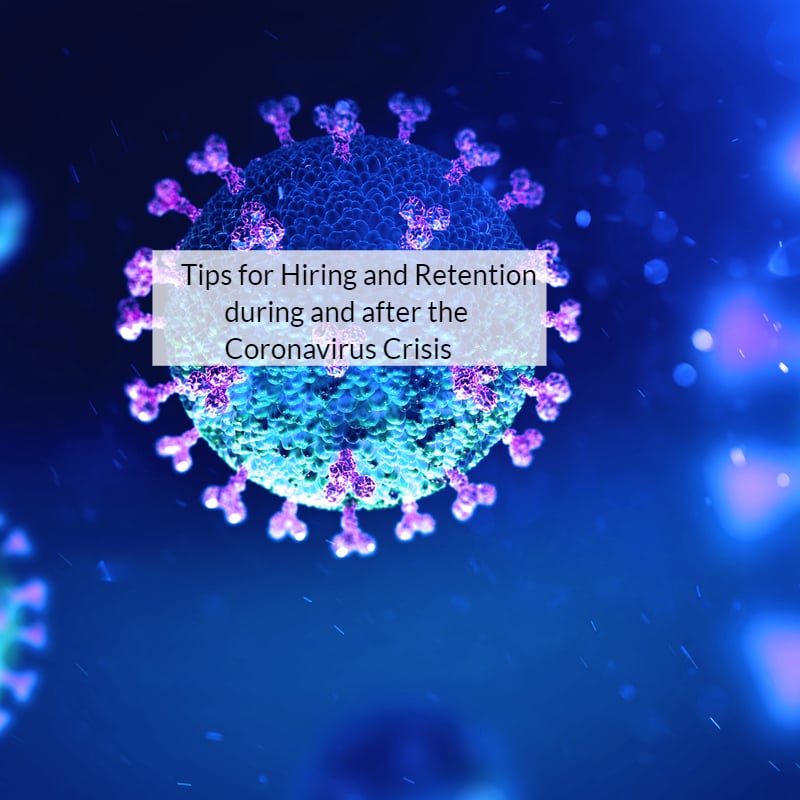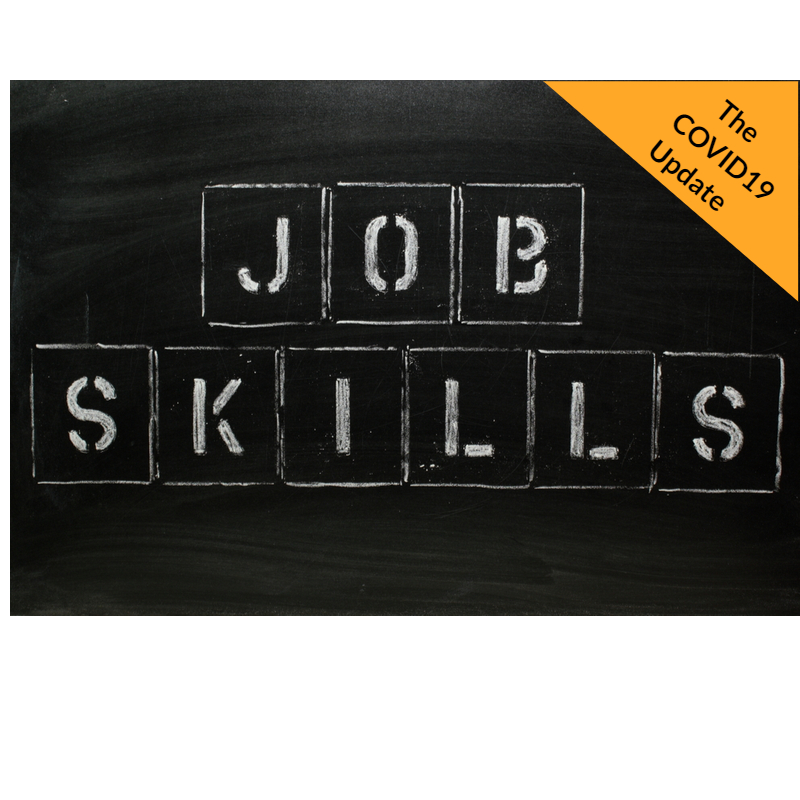Hiring, staff productivity and retention are challenging for most organisation during a global pandemic. But what will it look like afterwards and what can you do now?
Organisations are being forced to adapt to a new norm of virtual working where employees work in isolation to their colleagues.
Consequently, organisations, HR and hiring managers have been forced to re-evaluate and reassess their existing processes and business opportunities, in order to determine the required adjustments to remain competitive and attractive to employees in the new working reality.
Here is our advice of how to adapt, based on our experience and what our clients are doing.
Evaluate Business Functions
As organisations are finding, certain departments and functions lend themselves better to working from home than others. Within this, opportunists may identify new functions which the business can utilise and capitalise on.
Retraining existing staff may be a valuable first option, before considering what openings remain.
Prioritise Hiring Needs
After carrying out the above process, hiring needs can be actioned based on necessity, business function, work arrangement, and location.
Prioritise positions that can be moved to or are already set up to work from home, and those which can be interviewed remotely and 'virtually'.
Consider if you have the budget, at this time, to utilise agencies with bespoke software and packages, like our own engage software, which are designed for remote recruiting
Continue Pipelining
Remember this state of uncertainty in the world will pass, so get yourself in a position using your own resourcing teams or preferred recruiters to be in a position to move and move quickly when it has passed.
There is likely to be a glut of available candidates with exceptional skills, so know what you want, how they will fit into your post pandemic business model and start pipelining effectively and fast. If you identify you want candidates with detailed experience of virtual platforms, credit control, legal specialisms and how to successfully implement this in your business, now is the time to start pipelining.
Consider Your New Skill Requirements
While most people can continually succeed in an upward fashion by building on prior experience, we are not in this stable state at the moment. The person who can repeatedly succeed in unknown situations you have identified is what some companies will need and look for as we move forward with fresh ideas and reinvention.
Consider Your Hiring Process
If the pandemic has identified for you that your hiring processes are ineffective, slow and outdated then now is the time to consider how it can change. Consider:
-
Can you incorporate greater testing to assess the adaptability and creativity of individuals?
-
Could you use video/telephone content at the outset to reduce the number of meetings and the time involved in such meetings?
-
Can your existing processes identify the new skills you now believe will be key to your organisation?
This may be a good starting point for you.
Evaluate Your Current Onboarding Processes.

Ask yourself, what aspects can potentially be done virtually now and going forward? Assess what staff and training resources will be needed for a new hire to have the fastest path to productivity.
Ensuring that an effective onboarding plan is in place has always been crucial for quickly achieving ROI from new hires, as well as for retaining them, but this pandemic has sought to re-emphasise that.
Maybe consider future engagement of specialist onboarding software and support.
Evaluate Work Arrangements and Contracts.
Could it be that as an organisation you consider, at the end of the pandemic, introducing more flexibility in the way that you recruit than simply taking people on full-time. You could consider more contract and temporary roles, in order to structure hires in a way that reduces unemployment and recruitment costs in an uncertain time.
Evaluate Your Work Culture.
In such unprecedented times, it is critical to keep employees involved and part of the plan in the short and mid term. Fostering a “we’re all in this together,” mindset, whilst encouraging ideas and comradery is vital. Staff that feel isolated will be less inclined to get involved with the big push after lockdown measures end and the economy starts to move again. How has use of the Coronavirus Job Retention scheme within your organisation impacted employees or morale in the long term? You will need to evaluate this going forward.
Also, consider ethical opportunities during chaos. Consider which of your tam you would want in the trenches with you, who the potential leaders are, and rank-and-file employees who have proven their ability to thrive in uncertain times.
We have no doubt that hiring practices will have to adjust, so do your work on this now while you can.
Can We Help?
We have placed and filled over 100,000 temp and permanent assignments over the last 30 years so have a range of techniques, ideas and platforms which could help you. Why not call us on 0113 367 2880 to have a conversation with one of our team. Alternatively drop us an email here or check out our Testimonials and Case Studies.
If you want to find out a bit more about us check out our Showcase Video below.










.png)






